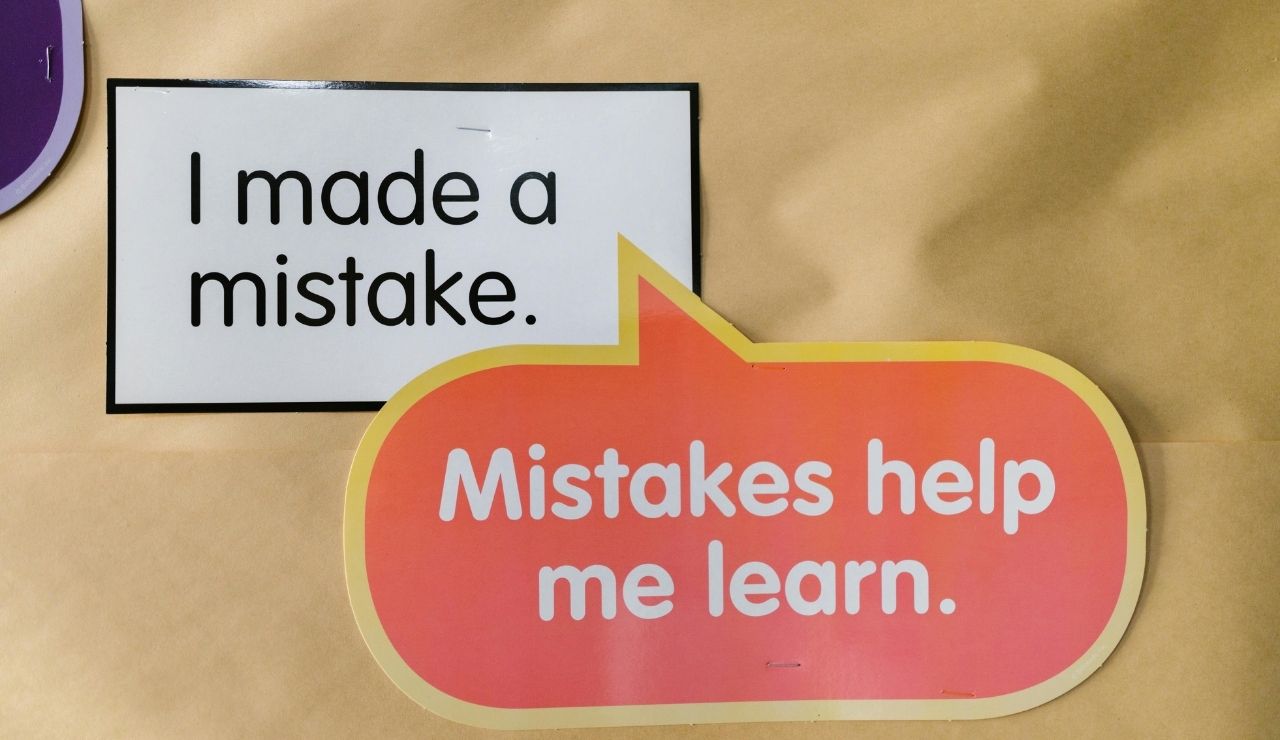While school builds knowledge through lessons and assignments, part-time roles provide experiences that shape practical skills. These positions expose teens to real-world expectations, personal accountability, and the value of hard work. The lessons learned in a workplace often prepare young people for life in ways a classroom cannot replicate, offering insights that stay relevant well beyond high school.
1. Time Management Under Pressure

Working after classes requires balancing shifts with homework, activities, and family commitments. Meeting schedules teaches how to prioritize tasks and make the most of limited time. This discipline develops habits that carry into college and careers. Unlike school deadlines, work hours cannot be postponed, reinforcing the importance of being on time and prepared every day.
2. Dealing With Different Personalities

Employment brings teens into contact with coworkers, managers, and customers with varied communication styles. Learning to cooperate with people who have different approaches builds patience and adaptability. These skills are essential for navigating future workplaces and community settings. Exposure to different perspectives also helps in resolving misunderstandings calmly and professionally.
3. Handling Money Responsibly

Many part-time roles involve managing payments, giving change, or tracking sales. Even if money is not part of the position, earning a paycheck encourages careful spending and saving. Teens learn the link between time worked and money earned, which builds appreciation for budgeting and financial planning. This awareness often shapes long-term money habits.
4. Accepting Constructive Criticism

On the job, feedback is often direct and tied to performance. Learning to accept and apply constructive criticism improves work quality and personal growth. Unlike graded assignments that end with a score, workplace feedback often requires immediate adjustments. This process strengthens resilience and encourages a focus on continuous improvement.
5. Staying Calm Under Stress

Busy shifts, unexpected problems, or demanding customers test patience and composure. Learning to stay calm and think clearly under pressure helps in both work and personal life. These situations teach problem-solving skills that textbooks cannot simulate. The ability to respond without frustration is valuable in any career path.
6. Taking Responsibility For Mistakes

In a job, errors can affect customers, coworkers, or company operations. Owning mistakes and correcting them quickly builds integrity. Teens learn that accountability earns trust from managers and teammates. This mindset helps them develop problem-solving skills and reinforces the importance of paying attention to detail in every task.
7. Appreciating The Value Of Hard Work

Experiencing the effort required to earn money changes how teens view both spending and saving. Completing tasks, meeting deadlines, and seeing results foster a deeper respect for consistent effort. These lessons encourage persistence, showing that dedication leads to progress whether in a job, a personal goal, or academic work.
8. Learning To Adapt Quickly

Workplaces often face sudden changes, from new procedures to unexpected rushes. Teens learn to adjust their approach without losing focus. This flexibility is valuable in school, sports, and future careers, where circumstances can shift without warning. The ability to adapt calmly keeps tasks moving forward and strengthens problem-solving skills.
9. Understanding The Importance Of Reliability

Managers value employees who show up on time and meet expectations consistently. Teens working regular shifts learn that reliability builds trust and creates opportunities for more responsibility. This habit translates into other areas of life, making them dependable in group projects, team activities, and personal commitments.
10. Building Networking Skills

Even short-term jobs provide opportunities to meet people who can offer advice or connections for future careers. Teens who learn to interact professionally with colleagues and supervisors gain contacts that may help them later. Networking in this way teaches them that relationships built on respect can open unexpected doors.


